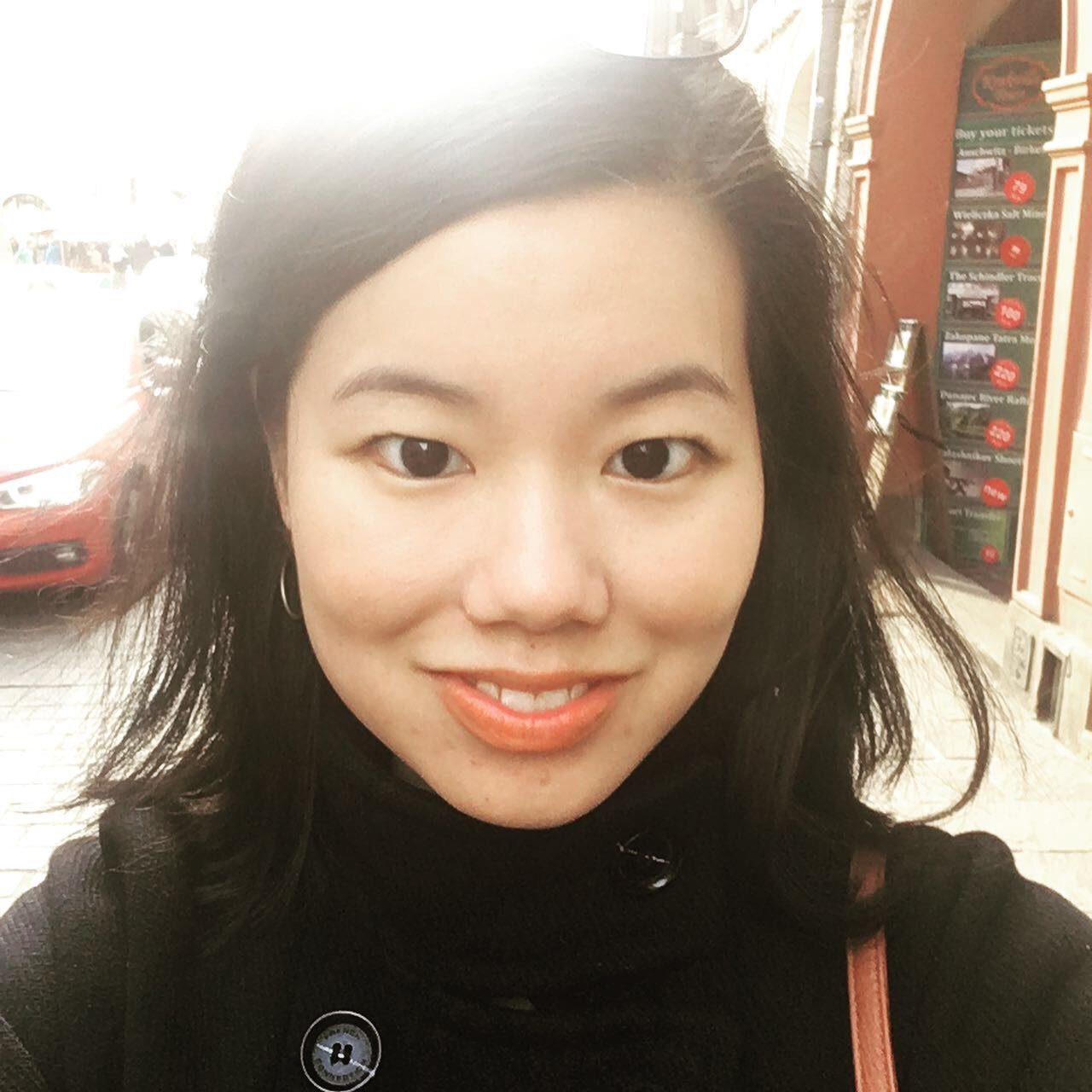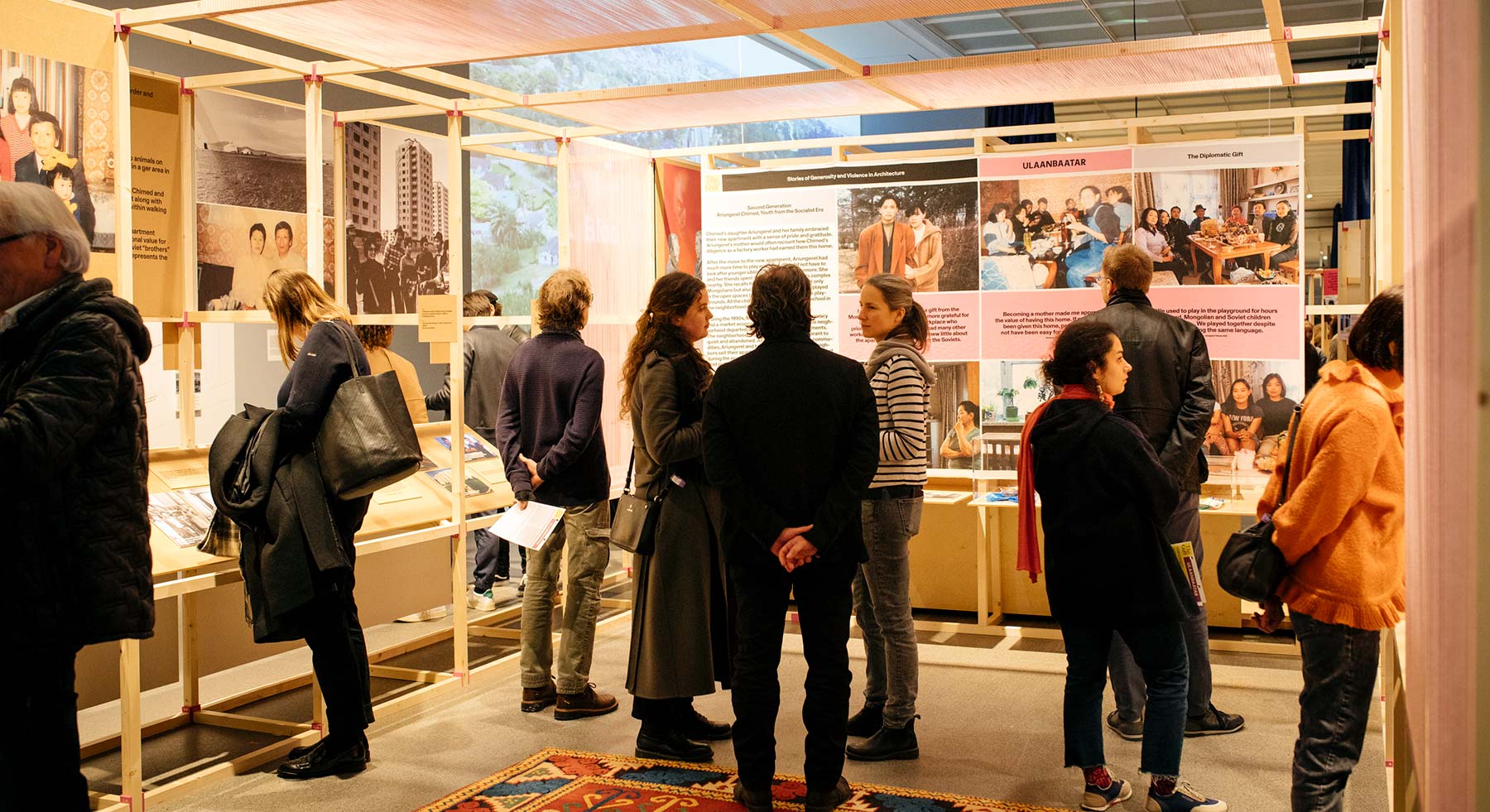Two members of the Taubman College community contributed pieces to the recent Planning Theory and Practice online symposium, “Rethinking Religion and Secularism in Urban Planning.”
June Manning Thomas, the Mary Frances Berry Distinguished University Professor of Urban Planning and Centennial Professor Emerita of Urban and Regional Planning, wrote an essay titled, “Left without Racial Justice in a Secularist Profession,” which appears on page 20.
Thomas has done groundbreaking research and writing on the diversification of the planning profession, planning history, and social equity in neighborhoods and urban revitalization. Her more recent research explored the relationship between the concept of social equity and the civil rights movement, and examined the land-use reactions of community organizations to vacant land in Detroit. As a member of the Baha’i faith community, which she describes as having “a very deliberate race unity agenda,” Thomas has long been interested in the intersection of spirituality, race, and planning. Her book Redevelopment and Race won the Association of Collegiate Schools of Planning’s 1999 Paul Davidoff Award.
Christine Hwang, a doctoral student in urban and regional planning, wrote an essay titled, “Rethinking Religion and Planning at the Lunch Counter,” which appears on page 37.
Hwang is interested in how identity and belief systems shape the formation of communities and the built environment. She is broadly interested in the role of religion in urban planning and design. Her dissertation focuses on the legacy of the French Catholic colonization in Detroit through the practice of parochial mapping. Her research asks how institutions created around singular identities plan for rapidly diversifying populations and investigates the historical role of religion in shaping cities assumed to be secular.
Read the complete journal here.





